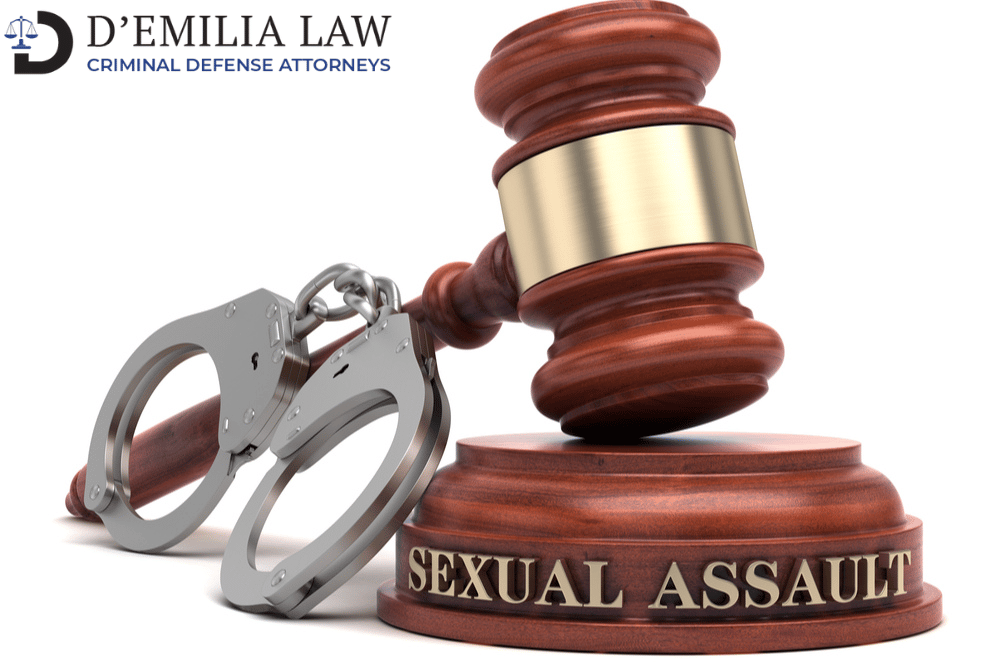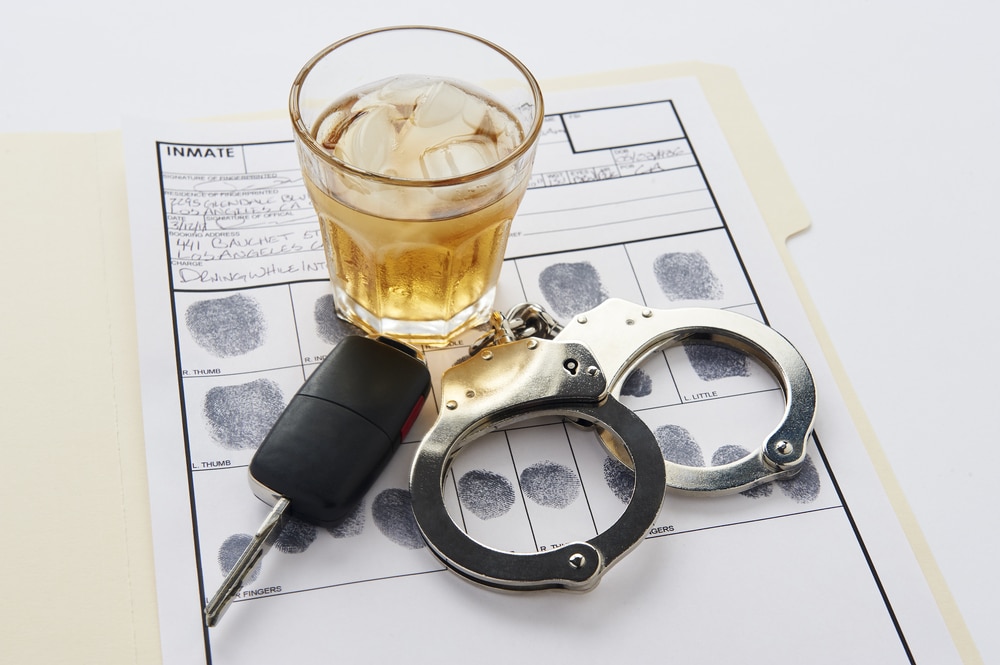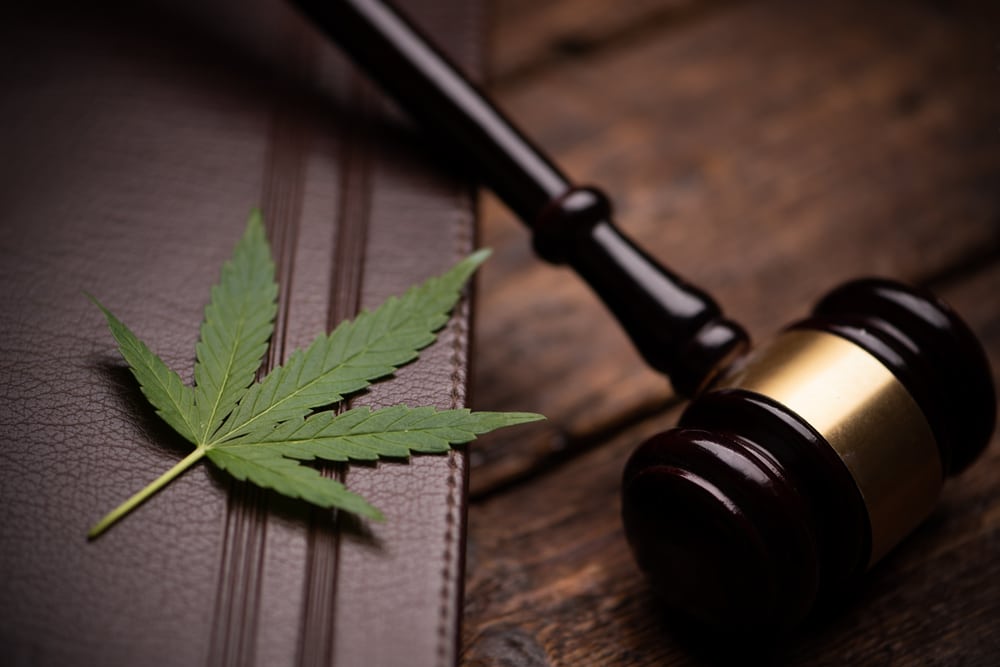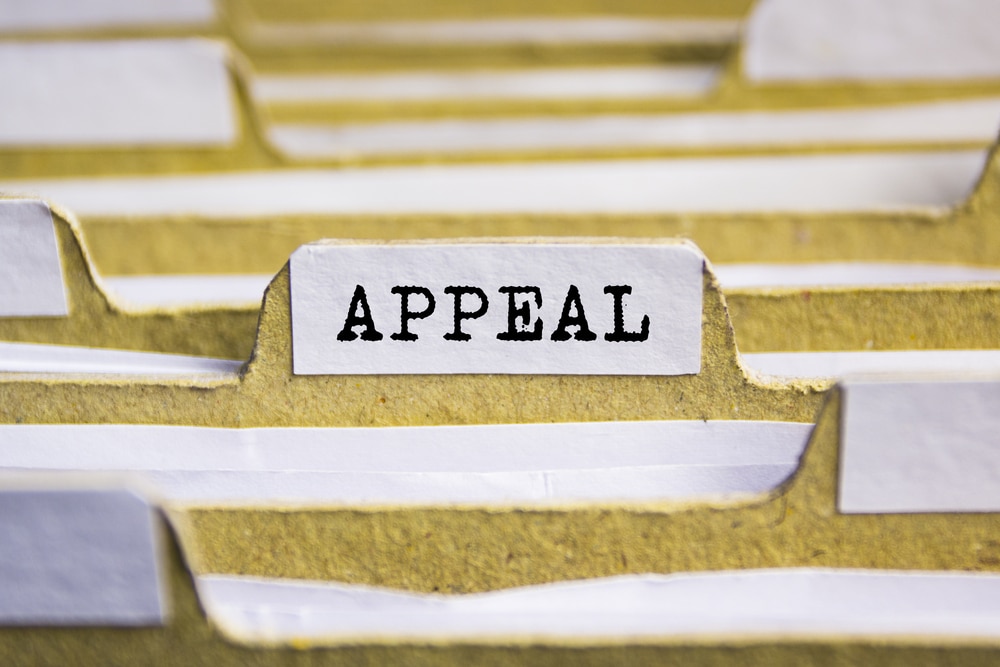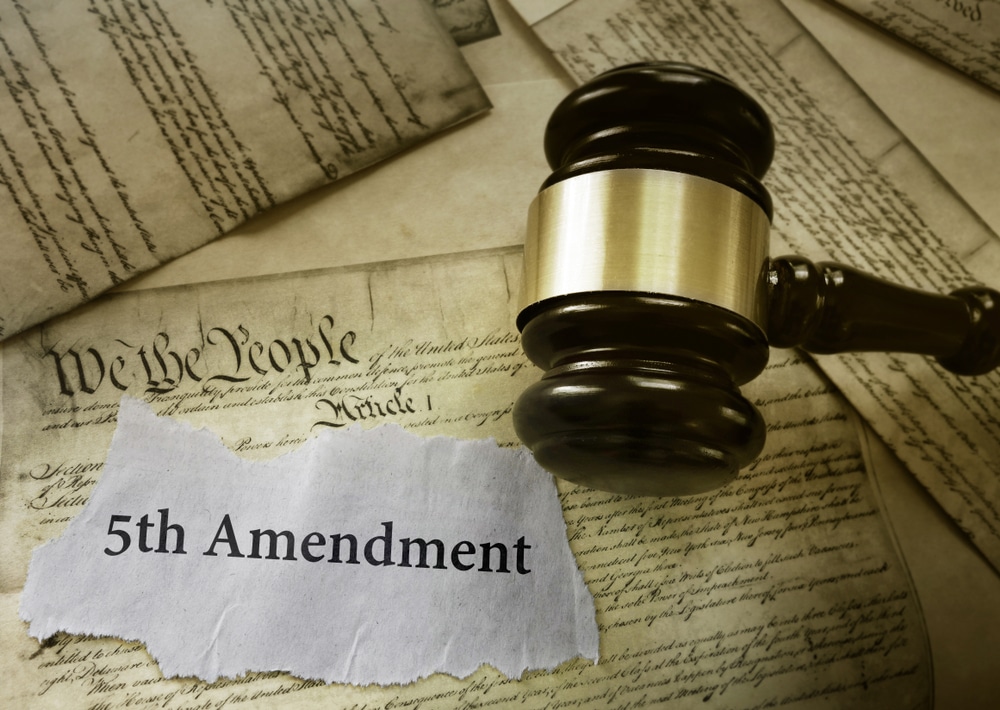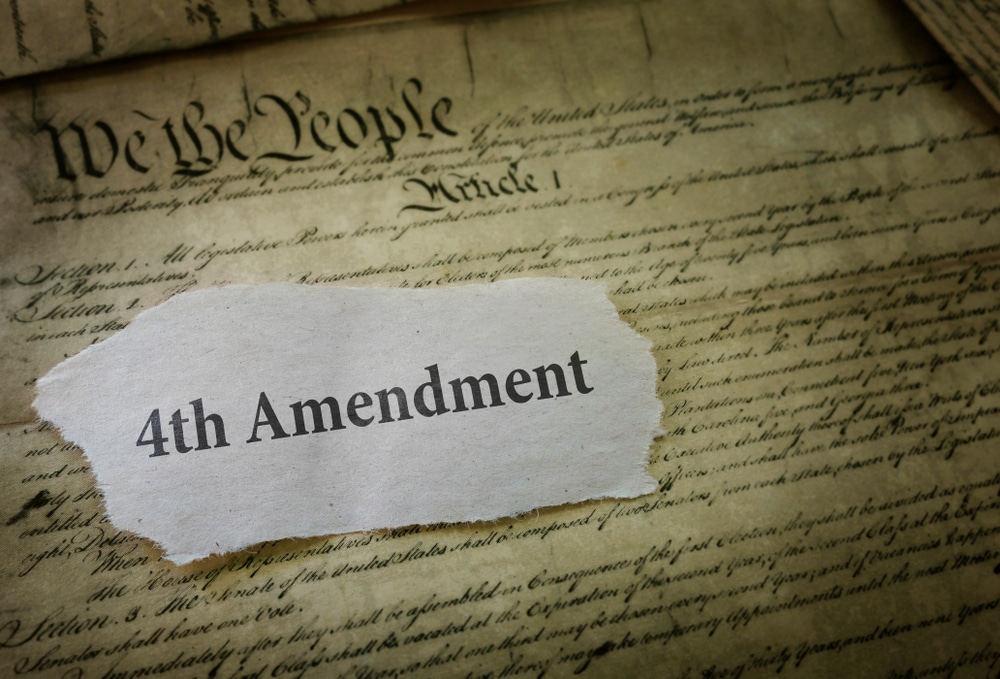Criminal charges related to sex crimes and sex offenses are among the most serious in New York State.
As former NYC district attorneys, we prosecuted numerous sex abuse cases for more than two decades. We have seen how the laws evolved regarding sex crimes. As a defense firm staffed with NYC sex crimes lawyers, D’Emilia Law monitors legal developments related to sex offenses.
NY sex crimes have been making headlines, and we can discuss how this impacts criminal defense.
New York State Law
Section 130 of the New York Penal Code describes the terms of incarceration and fines that are used to punish sex offenses. Numerous crimes have sexual elements, but discussions of sex offenses focus primarily on:
- Indecency with a child
- Sexual assault/Rape
- Aggravated sexual abuse (the term used in scenarios when the victim was age 11 or younger).
- Lack of consent, sexual misconduct, forcible touching, and other actions.
The NY Child Victims Act and Related Updates
In 2020, Gov. Andrew Cuomo signed New York Senate Bill S2440, better known as the Child Victims Act (CVA). Some of its high-level provisions include:
- […] that the statute of limitations for criminal prosecution of a sexual offense committed against a child shall not begin to run until the child turns 23 years of age;
- […] that a civil action for conduct constituting a sexual offense against a child, shall be brought before the child turns 55 years of age;
- revives previously barred actions related to sexual abuse of children and grants civil trial preference to such actions;
- eliminates the notice of claim requirements for such actions when the action is brought against a municipality, the state, or a school district.
In August 2020, Gov. Cuomo signed legislation extending the “lookback window” for victims to file claims under the CVA, regardless of when or how long ago the alleged abuse occurred. The legislation extends the special filing period under the CVA until Aug. 14, 2021.
The passage of the CVA is a major development when it comes to sex crimes in New York. According to one state senator, more than 3,000 alleged victims and complaining witnesses have come forward to file suits since the CVA was signed into law.
Several high-profile claims have been made against members of the clergy, extracurricular group leaders, and educators, among others. For example, the criminal and civil charges against film producer Harvey Weinstein and actor Kevin Spacey were filed under the provisions of the CVA.
The impact is being felt in civil courts as well. In 2018, the Diocese of Brooklyn had to pay a $27.5 million settlement to four plaintiffs who were allegedly sexually abused by a lay religion teacher. This was the largest settlement ever awarded to an individual sexual abuse victim in New York.
Being charged with a sex crime can be a paralyzing feeling. You have rights – do not take matters into your own hands and do not contact the complaining witness. The best course of action is to remain as calm as possible and contact a NYC sex crimes lawyer with deep experience handling such serious and life-changing matters.
Each case is unique and the circumstances will always differ. Sex crime accusations are often characterized by one person’s word against another. And since decades could pass before the complaining witness comes forward, the accounts of the alleged acts are bound to contrast. The NYC sex crimes lawyer will assess if the complaining witnesses charge is credible, filed within the timelines offered by the law, and has any inconsistencies.
D’Emilia Law maintains that an arrest is not the end of your life. It is not the same as a conviction. A strong and strategic defense can uphold your innocence, keep you out of jail and reduce your charges and fines.

